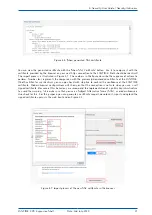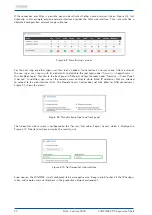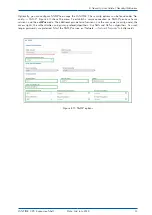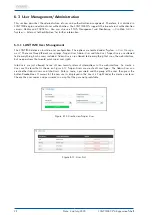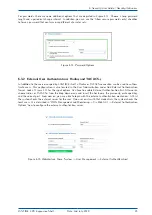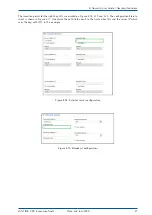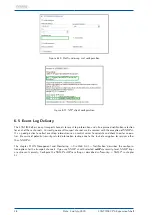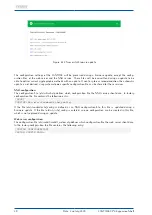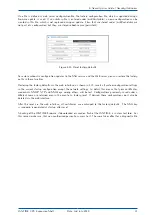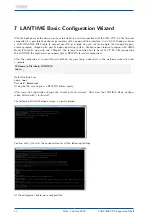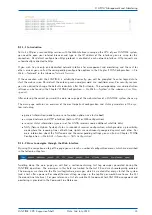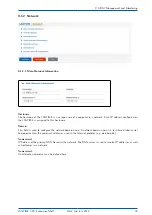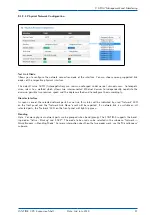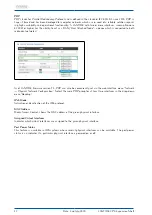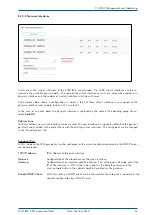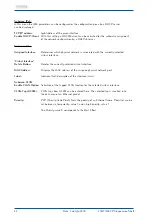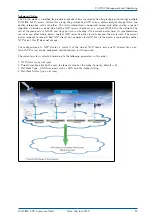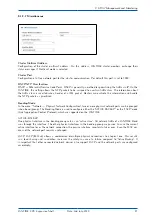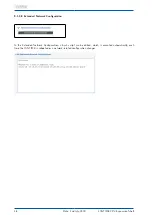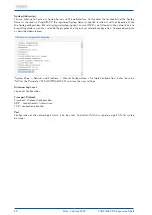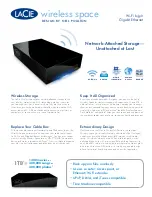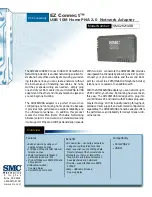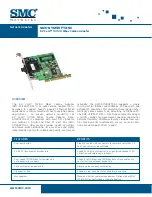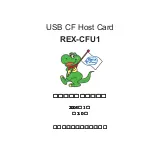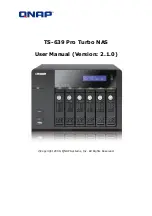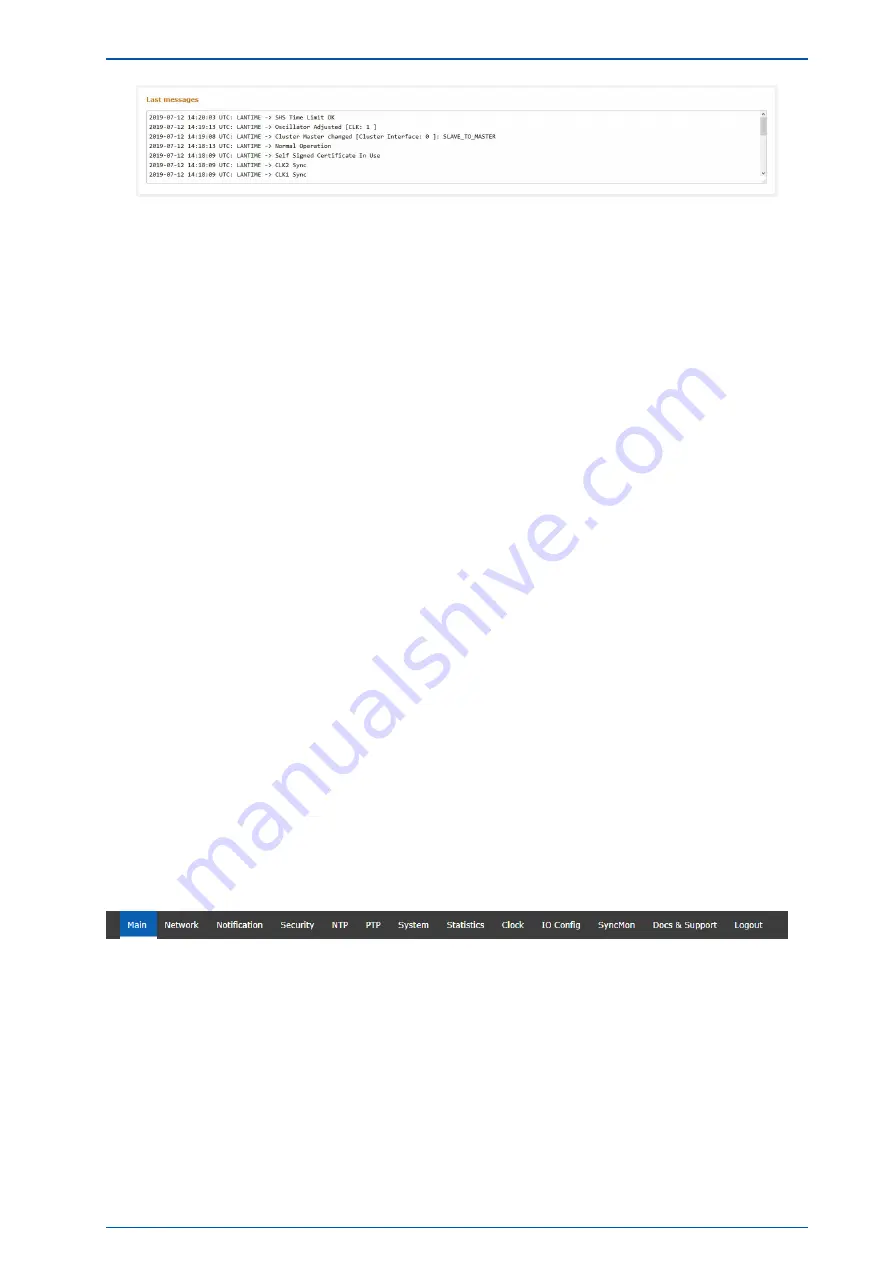
9 LTOS7 Management and Monitoring
9.1.1.1 Introduction
To start a http or a secured https session with the Web Interface running on the CPU of your LANTIME system,
you need to open your internet browser and type in the IP address of the interface you are using for this
connection. Per default configuration https protocol is enabled at each network interface. Http requests are
automatically redirected to https.
If you wish to use only one dedicated network interface for management and monitoring and the rest for
other services you can find the corresponding configuration options in the Chapter "LTOS Configuration
→
Via
Web
→
Network" in the submenu
If the connection with the LANTIME is established correctly you will be prompted to enter login data to
start the web session. Per default the entering user-name/password are: root/timeserver. For security reasons
you are advised to change the default credentials after the first login. The corresponding user administration
settings can be found in the Chapter "LTOS6 Configuration
→
Via Web
→
System" in the submenu
After entering the correct password, the main menu page of the web interface of a LANTIME system shows up.
The main page contains an overview of the most important configuration and status parameters of the sys-
tem, including:
•
general information (model name, serial number, uptime since last reboot)
•
assigned network and PTP interfaces (both in IPv4 or IPv6 configuration)
•
receiver status information (sync or not, for GNSS receivers some additional satellite data)
•
SHS (Secure Hybrid System) status in redundant receiver configuration, which provides a plausibility
mode where the incoming times of both time signals are continuously compared against each other. For
more information about the SHS mode and the corresponding settings you can find in Chapter "LTOS6
Configuration
→
Web GUI
→
Security
→
9.1.1.2 How to navigate through the Web Interface
By using the navigation on top of the page you can reach a number of configuration menus, which are described
in the following chapters.
Scrolling down the main page you will find a section containing last log messages generated during the
LANTIME operation. The messages in this field are limited to the last 50 and are chronologically ordered.
The messages are stored in the file /var/log/lantime_messages, which is created after every start of the system
(and is lost after a power off or reboot).To view all log messages in the log file you would have to use the CLI
(Command Line Interface). For your reference, a list of available CLI commands for LANTIME management and
monitoring is provided in the Command Line Reference.
LANTIME CPU Expansion Shelf
Date: 2nd July 2020
35

